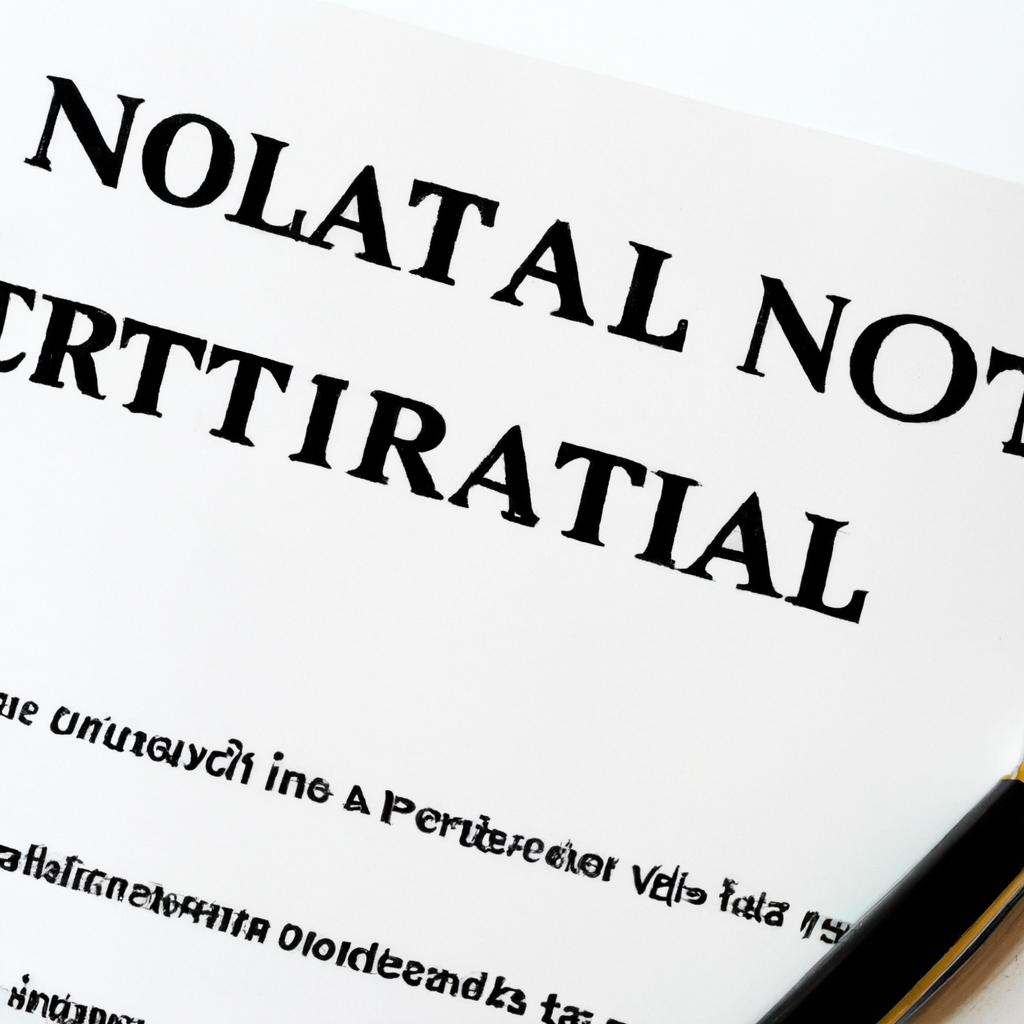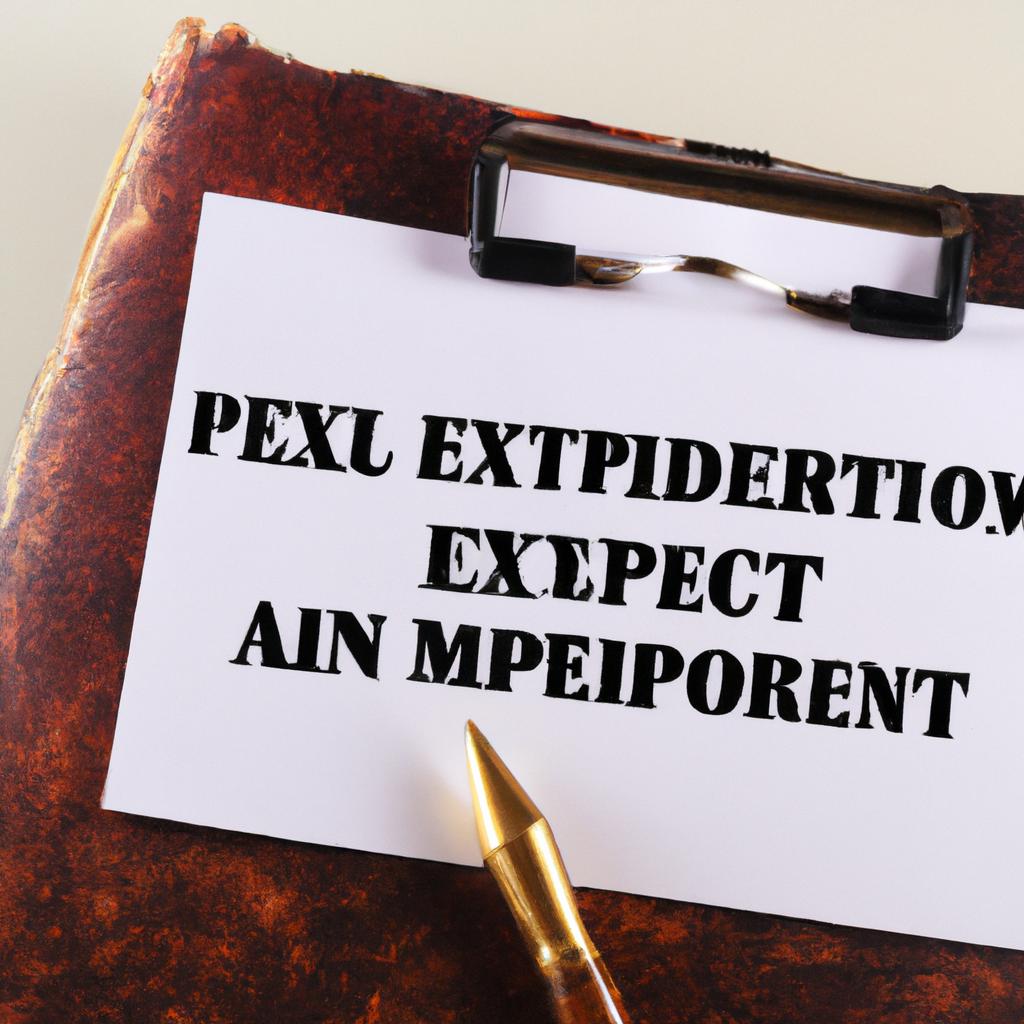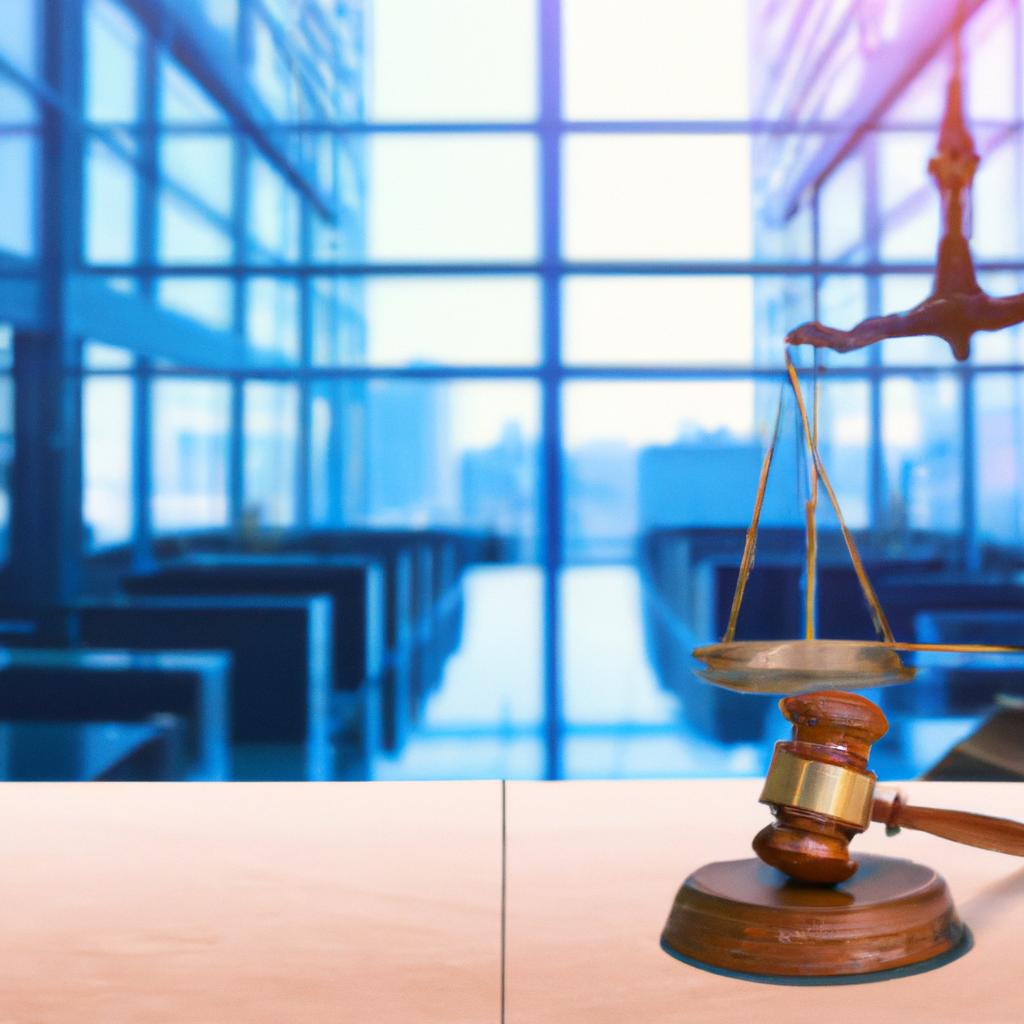As experienced estate planning attorneys at Morgan Legal Group in New York City, we understand the importance of properly navigating the probate process. However, what happens if you fail to file probate after the passing of a loved one? In this article, we will explore the potential consequences and complexities that arise when probate is neglected, shedding light on the importance of addressing this crucial step in estate administration.
Consequences of Failing to File Probate in New York
Failure to file probate in New York can have serious consequences for the deceased individual’s estate. One major consequence is that the assets of the estate may remain in limbo, unable to be distributed to beneficiaries or heirs. This can lead to frustration and financial hardship for loved ones who are depending on their inheritance.
In addition, failing to file probate can result in legal complications and potential disputes among family members. Without the court’s oversight, there is a higher risk of fraud or mismanagement of the estate assets. This can lead to costly legal battles and a loss of family harmony. It is crucial to seek legal advice and guidance to ensure that the probate process is completed in a timely and efficient manner.

Legal Ramifications of Not Initiating Probate Proceedings
Failure to initiate probate proceedings can have serious legal implications that may affect the deceased’s estate and heirs. Without the proper probate process, the estate may remain unresolved, leading to disputes among family members, creditors, and beneficiaries. In addition, failing to file probate can result in the following legal ramifications:
- Loss of Control: Without probate, there may be no legal authority to manage and distribute the deceased’s assets according to their wishes or state law.
- Creditors’ Rights: Unresolved debts may remain unpaid, and creditors may have the right to pursue claims against the estate or heirs.
| Legal Ramifications | Description |
|---|---|
| Lack of Legal Title Transfer | Assets may not be transferred to beneficiaries, leading to ownership disputes. |
| Voiding of Wills | Wills may become invalid without proper probate, affecting the deceased’s final wishes. |

Impact on Estate Distribution When Probate is Not Filed
Not filing probate can have significant implications for the distribution of an estate. It is crucial to understand the potential consequences of failing to file probate in a timely manner. Here are some of the impacts on estate distribution when probate is not filed:
- Legal complications: Failing to file probate can lead to legal complications, including disputes among heirs and creditors. This can result in delays in the distribution of assets and increased legal costs.
- Assets left in limbo: Without probate, the assets of the deceased may be left in limbo, unable to be transferred to beneficiaries. This can cause financial hardship for those who were intended to inherit the assets.

Expert Recommendations for Handling Unfiled Probate Matters
When it comes to handling unfiled probate matters, it’s crucial to seek expert recommendations to navigate the complex legal process smoothly. Failing to file probate can result in various consequences, including financial loss, family disputes, and legal complications. To avoid these issues, it’s essential to follow the advice of experienced probate attorneys who can guide you through the necessary steps to resolve unfiled probate matters efficiently.
often include conducting a thorough assessment of the estate, gathering all relevant documents, communicating effectively with heirs and creditors, and filing the necessary paperwork with the court in a timely manner. Additionally, seeking legal advice from a reputable probate attorney can help you understand your rights and obligations, protect the interests of the deceased, and ensure that the probate process is completed successfully. By following these expert recommendations, you can minimize the risks associated with unfiled probate matters and achieve a fair and timely resolution for all parties involved.
Q&A
Q: What is probate and why is it necessary?
A: Probate is the legal process of administering a deceased person’s estate, including distributing their assets and paying off any debts. It is necessary to ensure that the deceased person’s wishes are carried out, their debts are settled, and their assets are transferred to the appropriate beneficiaries.
Q: What happens if you don’t file probate?
A: If you don’t file probate, the deceased person’s assets may be frozen and inaccessible to their beneficiaries. Creditors may also come forward to make claims against the estate, which can lead to legal complications and delays in the distribution of assets. Additionally, failing to file probate can result in financial penalties and potentially even criminal charges.
Q: Can you avoid probate entirely?
A: In some cases, it is possible to avoid probate through estate planning strategies such as creating a living trust or designating beneficiaries on financial accounts and property deeds. However, it is important to consult with a legal professional to determine the best course of action for your specific situation.
Q: What are the risks of not filing probate in a timely manner?
A: Failing to file probate in a timely manner can result in the loss of assets, costly legal battles, and strained relationships among family members. It can also lead to additional stress and uncertainty during an already difficult time of grieving.
Q: How long do you have to file probate after someone dies?
A: The timeframe for filing probate varies depending on the state in which the deceased person lived. In some states, probate must be filed within a few months of the person’s death, while in others there may be a longer period of time allowed. It is important to consult with a legal professional to ensure compliance with the applicable laws and deadlines.
In Retrospect
In conclusion, failing to file probate can have significant consequences for the deceased’s estate and loved ones. It is important to ensure that all necessary steps are taken to properly handle their affairs. If you find yourself facing this situation, seek guidance from a qualified legal professional to navigate the complexities of probate and protect the interests of all parties involved. Remember, addressing probate issues in a timely manner can bring closure and peace of mind during a difficult time.
 What Happens if You Don’t File Probate: Understanding the Consequences
What Happens if You Don’t File Probate: Understanding the Consequences
Probate is the legal process of distributing a deceased person’s assets and settling their debts. It involves court proceedings and can be a tedious and lengthy process. In some cases, people may choose to skip or delay filing probate, whether due to lack of knowledge or intentionally avoiding the process. However, not filing probate can result in severe consequences for both the deceased person’s estate and their loved ones. In this article, we will discuss what happens if you don’t file probate and the potential ramifications of such actions.
Before we delve into the consequences of not filing probate, let’s first understand the probate process. When a person dies, their assets are frozen until a court legally declares who will receive them. This process ensures that the deceased person’s debts are paid and their remaining assets are distributed to their beneficiaries according to their will or state law. The person responsible for handling the probate process is known as the executor or administrator, who is either named in the will or appointed by the court.
If the deceased person had a will, the executor would have to file the will with the probate court within a certain time frame, usually within 30 days of the death. If there is no will, the court will appoint an administrator to oversee the probate process. During probate, the court will review the will, pay any outstanding debts and taxes, and distribute the remaining assets to the beneficiaries. Now, let’s take a look at the potential consequences of not filing probate.
- Dispute Over Inheritance
The primary purpose of probate is to ensure that the deceased person’s assets are distributed fairly to their beneficiaries. If there is no will or if the will is not filed for probate, there is no legal document to dictate who should receive the assets. This can lead to disputes among family members and extended relatives, causing unnecessary stress and strain on relationships. In some cases, this can result in costly legal battles to determine the rightful heirs, further delaying the distribution of assets.
- Outstanding Debts and Taxes
Filing probate allows for the proper identification and payment of any outstanding debts and taxes owed by the deceased. Without probate, creditors may not be notified of the death, and their claims may go unpaid. This can result in legal action against the deceased person’s estate, and the executor or administrator may be personally liable for the debts. In addition, if taxes are not paid on time, the estate may incur penalties and interest. Filing probate ensures that all debts and taxes are paid promptly, avoiding any potential legal or financial consequences.
- Delayed Distribution of Assets
Not filing probate can lead to a significant delay in distributing the deceased person’s assets to their beneficiaries. The probate process can take anywhere from a few months to several years, depending on the complexity of the estate. Without probate, the beneficiaries will have to wait for a legal declaration of their inheritance, which can be a long and tedious process. This can cause financial strain for those who may be relying on their inheritance for immediate needs.
- Risk of Termination of Contracts
A person’s death does not automatically terminate any contracts that they had entered into, such as mortgage payments, car loans, or rental agreements. Probate allows for a review of these contracts, and the executor or administrator has the authority to terminate or transfer them to the beneficiaries. Not filing probate can result in missed payments or the inability to transfer ownership of assets, leading to defaults and potential legal action.
- Hefty Fines and Penalties
Filing probate is a legal requirement, and failure to do so can result in severe consequences. Executors or administrators who intentionally avoid probate may face hefty fines and penalties or even criminal charges. In some states, not filing probate is considered a criminal offense and could result in imprisonment. Additionally, the estate may face penalties for not paying taxes or estate administration fees on time.
In conclusion, not filing probate can have detrimental consequences for the deceased person’s estate and their beneficiaries. It can lead to family disputes, delayed distribution of assets, financial strain, and even legal action. Therefore, it is crucial to seek legal guidance and ensure that probate is filed promptly to avoid any potential ramifications. Additionally, here are some practical tips to keep in mind:
- Familiarize yourself with the probate laws in your state to understand the process and the necessary steps.
- Appoint an executor in your will and discuss your decision with them to avoid any confusion or disagreements.
- Keep an updated and detailed list of your assets and liabilities to make the probate process smoother for your executor.
- Seek legal advice from a probate attorney for guidance and support throughout the process.
In conclusion, not filing probate can result in unwanted and severe consequences. It is essential to understand the implications of not filing probate and take the necessary steps to ensure a smooth and fair distribution of assets. We hope this article has provided valuable insights into the potential outcomes of not filing probate and has encouraged you to take proactive measures to protect your estate and your loved ones’ interests.

